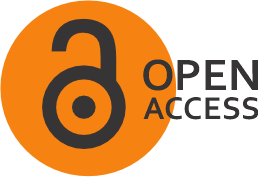The Role of Islamic Economic Education in Forming Sharia-Based Consumption Patterns: A Qualitative Study of College Students

Published online: 19 May 2025
Abstract
This study aims to explore the role of Islamic Economics education in shaping sharia-based consumption patterns among university students. A qualitative approach was used, involving 10 students and 2 lecturers from the Haji Abdul Rasyid Islamic Higher Education Institute in Central Lombok as respondents. The findings reveal that Islamic Economics education has a significant impact on shaping sharia-based consumption patterns. The majority of students interviewed expressed increased awareness in managing their finances according to sharia principles and being more selective in choosing products or services they consume. Students also showed greater caution in transactions, avoiding elements of riba, gharar, and maysir. Additionally, they became more mindful of the concepts of balance in consumption, such as qana'ah (contentment with what one has) and miyah (sufficiency). Despite the increased awareness of sharia-based consumption, the main challenge in its application is the limited availability of products that meet sharia standards in the market. This study suggests strengthening the curriculum of Islamic Economics education in universities and improving access to sharia-compliant products for students.
License
Copyright (c) 2024 Mahsun Mahsun, Husnul Muamilah, Tia Rahmatika (Author)

This work is licensed under a Creative Commons Attribution 4.0 International License.
Permission is granted subject to the terms of the License under which the work was published. Permission will be required if your reuse is not covered by the terms of the License.

